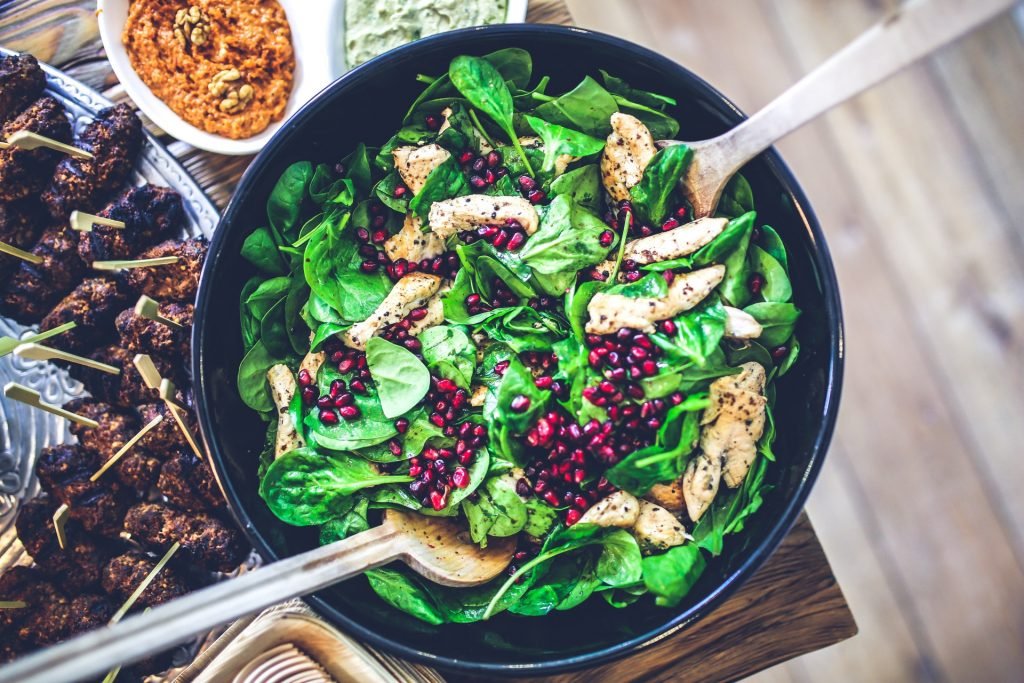
When it comes to nutrition, most of us have heard about the importance of vitamins. And while supplementing with vitamins is common practice, there have been valid arguments in support of consuming vitamins through healthy food sources. What we do know, though, is that the frequent intake of Vitamin A, B, C, D, E, and K are crucial in keeping our bodies healthy. In the spirit of alphabetical organisation, we shall take a deeper look at Vitamin A.
What does Vitamin A do?
Vitamin A is a fat soluble vitamin that ends up being stored in our liver. It contributes to normal growth and development while keeping our eyes, skin and immune system healthy. Vitamin A plays a key role in maintaining healthy vision.

Where is Vitamin A found?
Typically, Vitamin A comes from animal food sources, but our bodies can also make it from some compounds found in plant foods, such as beta-carotene. Active Vitamin A (aka retinol) is ready to be absorbed and can be found in animal products. Organ meats like liver and kidney, as well as egg yolk are prime examples of retinol-rich foods.
Beta-carotene, a precursor to Vitamin A, is found in colourful fruits and vegetables. Beta-carotene is converted to retinol after being ingested. Some great plant sources of beta-carotene are sweet potato, carrots, spinach, kale, and butternut squash.

What if I don’t have enough Vitamin A?
Vitamin A deficiency is both dangerous and shockingly widespread. Lack of nutritious food can quickly cause enormous problems; in fact, deficiency is considered by UNICEF to be a primary preventable cause of childhood blindness around the world.
Typically, a deficiency of Vitamin A leads to night blindness. However, left unaddressed, chronic deficiency will eventually result in the complete destruction of the cornea, causing total blindness. On top of that, a lack of Vitamin A can also impair a person’s immune system, which is why Vitamin A is often used in the treatment of HIV and other immunodeficiency disorders.

Can I have too much Vitamin A?
In the world of modern supplements, it is possible to overdose on Vitamin A. This is largely because Vitamin A is fat-soluble. It’s a big molecule that remains in the human body longer than other, water soluble chemicals. Consistent over-supplementation can stack up and eventually cause an excess. An overdose of Vitamin A may cause nauseousness, hair loss, and possibly altered mental states.

What are natural sources of Vitamin A?
Thankfully, Vitamin A is relatively easily obtained through a natural diet. Supplements may come in handy for some, but for the average individual, a balanced diet is more than sufficient.
An enormous range of vegetables contain precursors to Vitamin A. Leafy vegetables tend to be a safe source for just about any nutrient we can name, and Vitamin A is no different. Root vegetables like carrots and sweet potatoes are also rich in Vitamin A. A good rule of thumb for fruits is that if it’s orange, it’s likely a Vitamin A source. Dairy and eggs are also easy ways to make sure you’re getting enough Vitamin A. For the more carnivorous, options are rather slim, with liver and kidney being the only solid choices.
